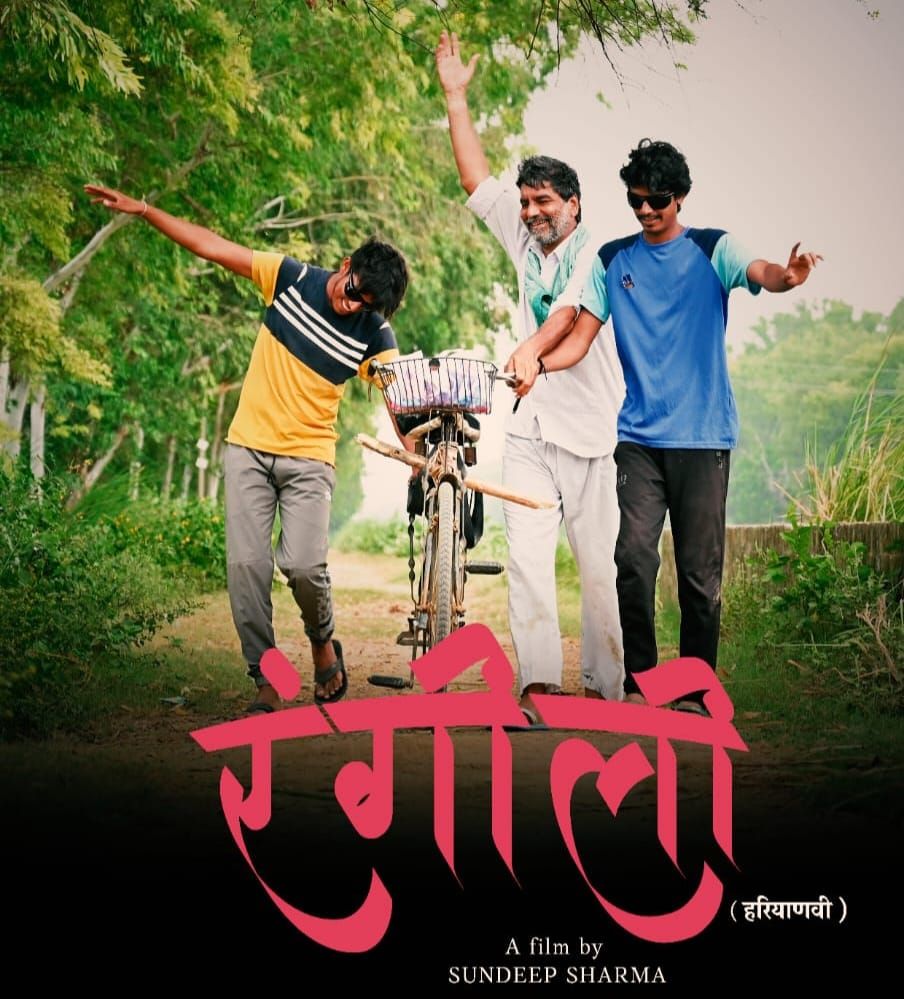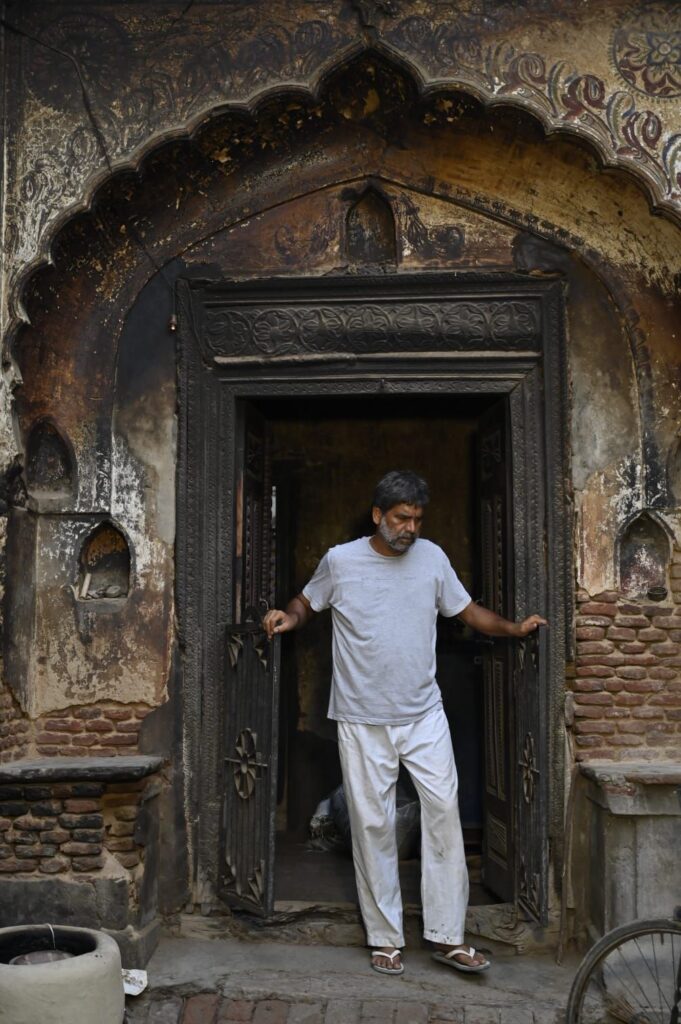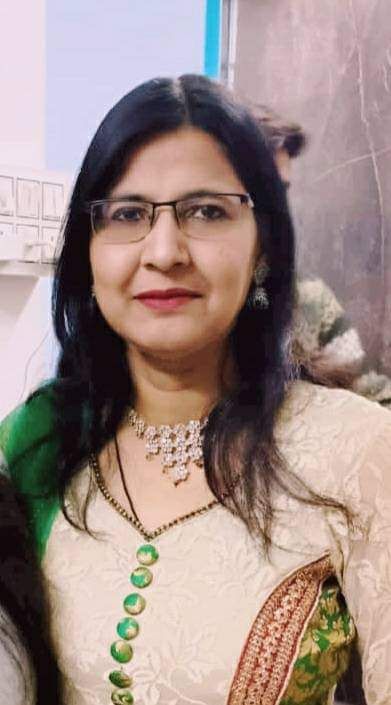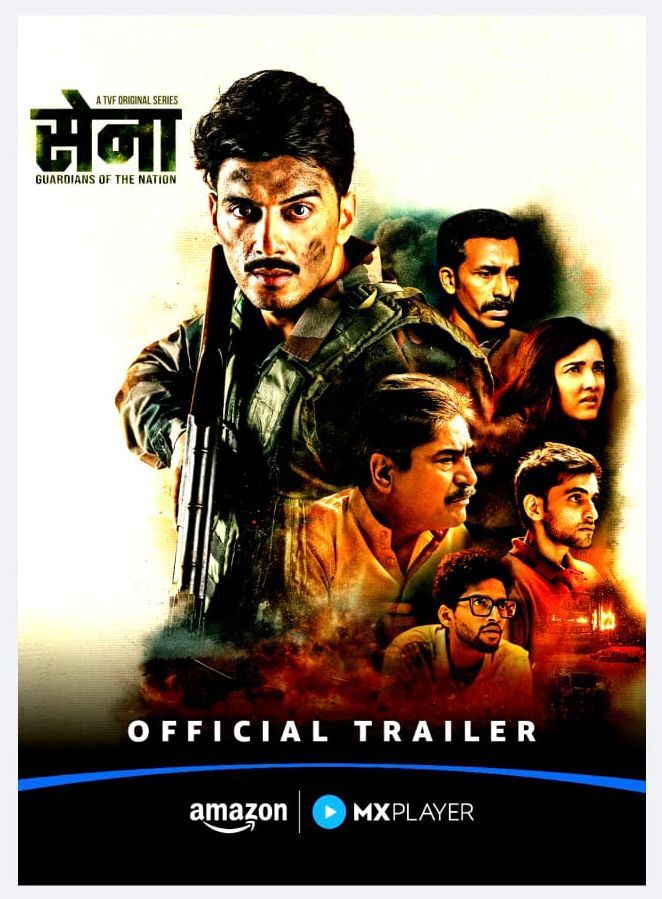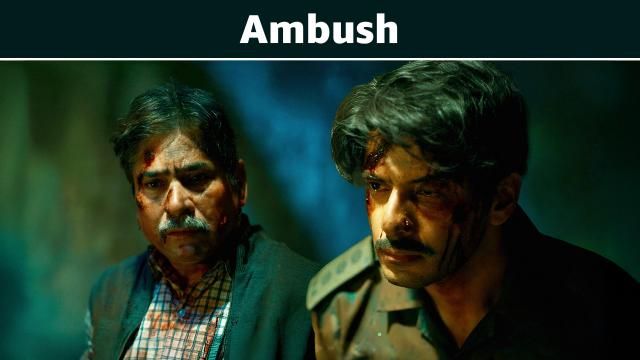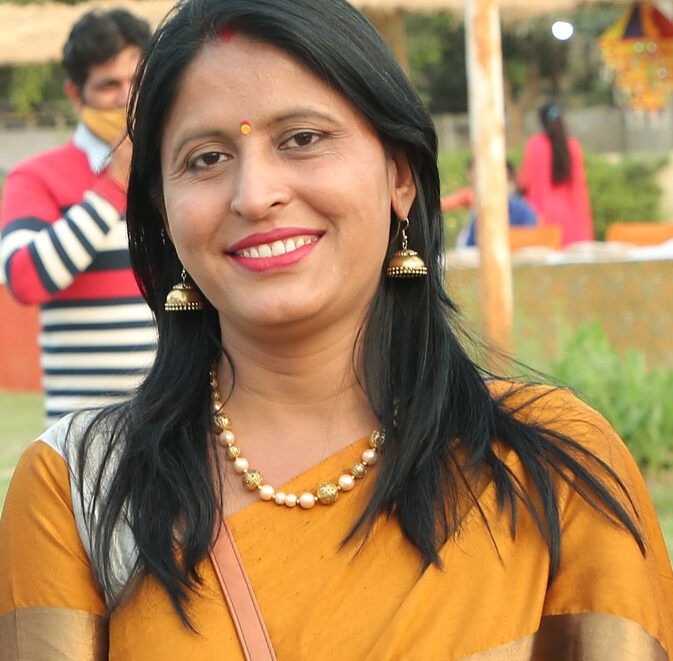Shyam Swami: A Journey from Stage to Screen
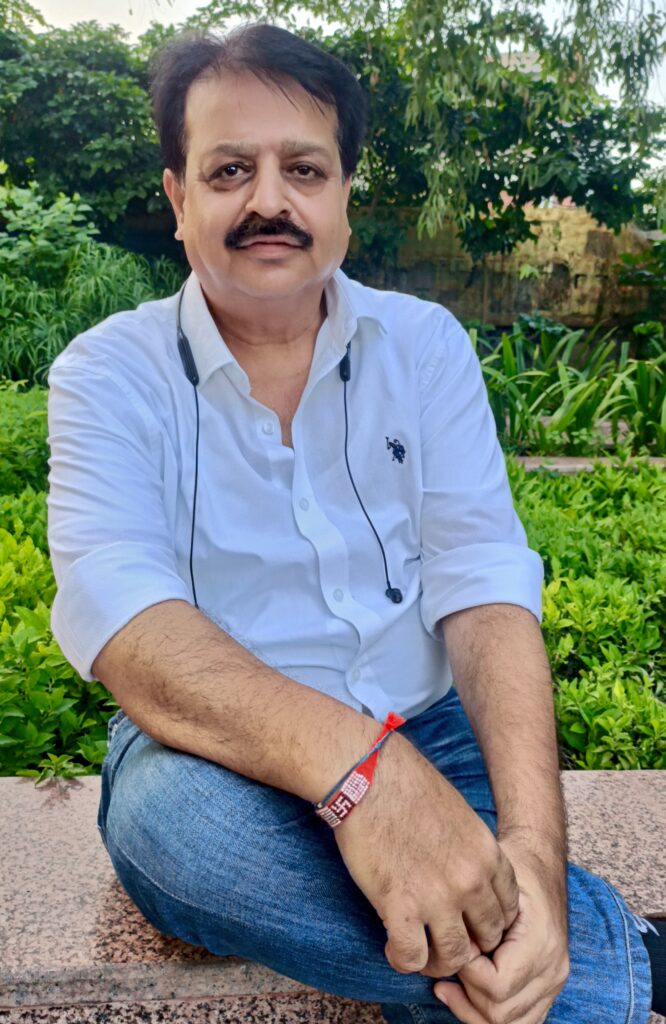
The theatrical journey of Shyam Swami, which began in the historic lanes of Bikaner, Rajasthan, has evolved over the years into a significant cultural odyssey, seamlessly bridging the worlds of stage and screen. His earliest tryst with performance took place during his school years, where weekly assemblies became a platform for reciting poems, narrating stories, and enacting skits. His selection for a drama in the annual function further nurtured this emerging passion for theatre.
A pivotal moment arrived before his college years when he was selected for the Theatre Summer Workshop organized by the Jodhpur Sangeet Natak Akademi. This workshop provided him with an intensive introduction to various theatrical forms and techniques. It was here that he played the lead role in Charpai, written by Suresh Awasthi and directed by S.D. Chauhan — a performance that marked his first significant step as a theatre practitioner.
Following this, Swami became associated with the Marudhara Theatre Society. Under the direction of Ashok Joshi, he performed the lead role in Tidorav, a Rajasthani play authored by Harish Bhadani, which was successfully staged across the state in nine performances. During this period, he also participated in a National School of Drama (NSD) workshop conducted by Vagish Kumar Singh. The workshop resulted in the creation of Ek Ped Ki Kahani, an environment-themed play that was performed over 37 times throughout Rajasthan and received widespread acclaim from audiences.
Upon completing his graduation, Swami moved to Delhi for professional reasons. Although he stepped away from active theatre for a period, his engagement with the art continued through regular attendance at performances. A fortuitous meeting with director Ashok Talwar at Shri Ram Centre opened new avenues, leading to his selection for a role in the television serial Vaidik Kaleen Nariyaan. This opportunity brought him closer to the worlds of acting and production, marking the beginning of a new phase in his artistic journey.
Swami then fully embraced production work, collaborating with some of the most eminent figures in Indian theatre and cinema, including Tigmanshu Dhulia, Gulzar Sahab, Sagar Sarhadi, and Meghna Gulzar. His passion for theatre remained constant, reflected in his significant contribution to the production of Amal Allana’s teleplay Devyani Ka Kehna, a noteworthy milestone in his career.
During the Commonwealth Games, he undertook the production responsibilities for NSD professor Hema Singh’s acclaimed solo play Zindagi Madhur Hai, Kuman Senu Mein, which was successfully performed more than thirteen times across India, including at the Bharat Rang Mahotsav. His dual role as actor and production member in the Parsi play Khoobsurat Bala, directed by Vagish Kumar Singh and Hema Singh for the Theatre Olympics, stands as a highlight of his theatrical career.
Years of active involvement in both theatre and screen ultimately inspired him to establish the Skin and Stage Foundation (Trust). Today, Shyam Swami brings together his acting expertise and production experience to lead this institution as a vibrant cultural initiative. His journey exemplifies how dedication, passion, and creativity can converge to shape a meaningful artistic legacy, contributing to both traditional theatre and contemporary media.
